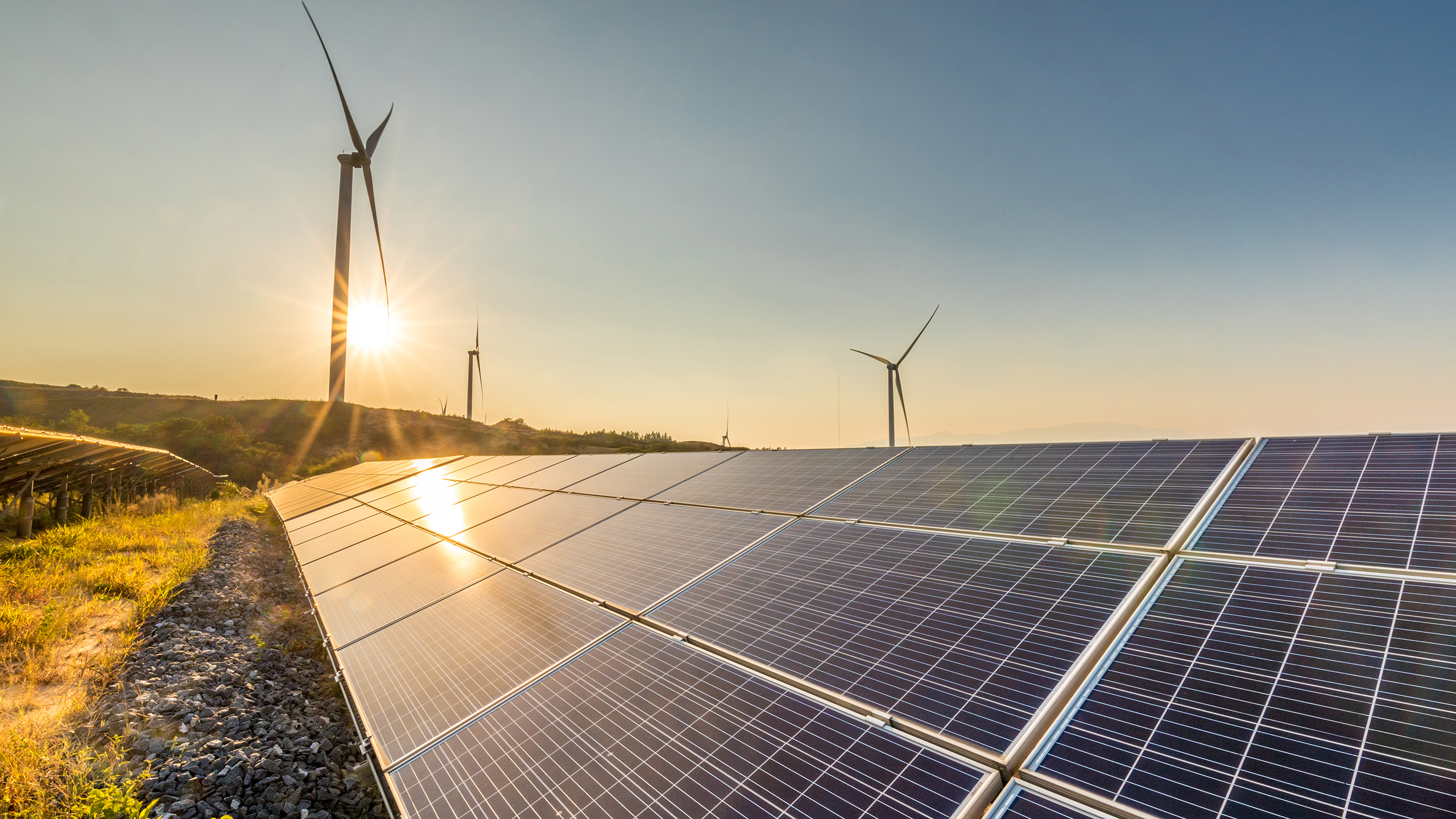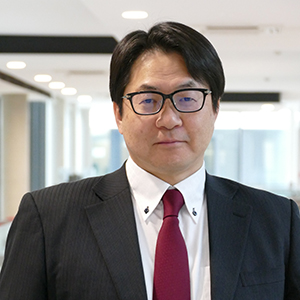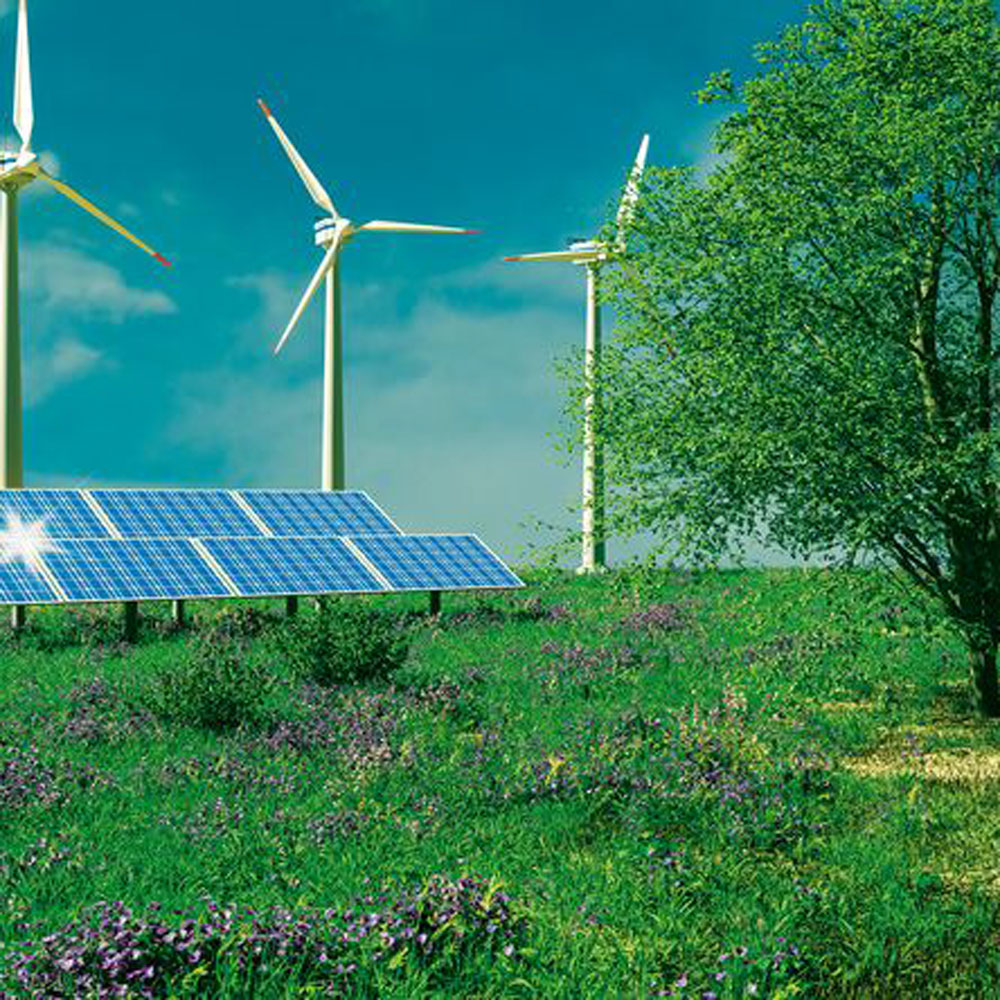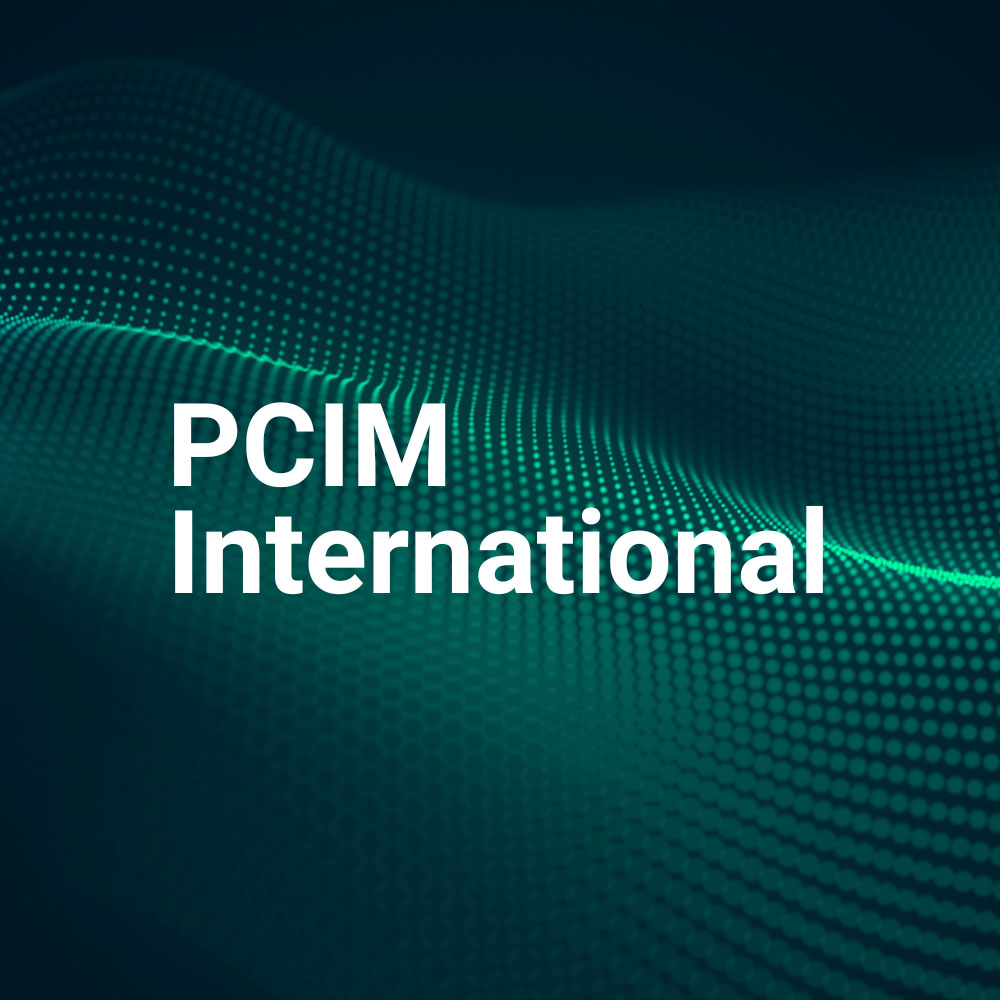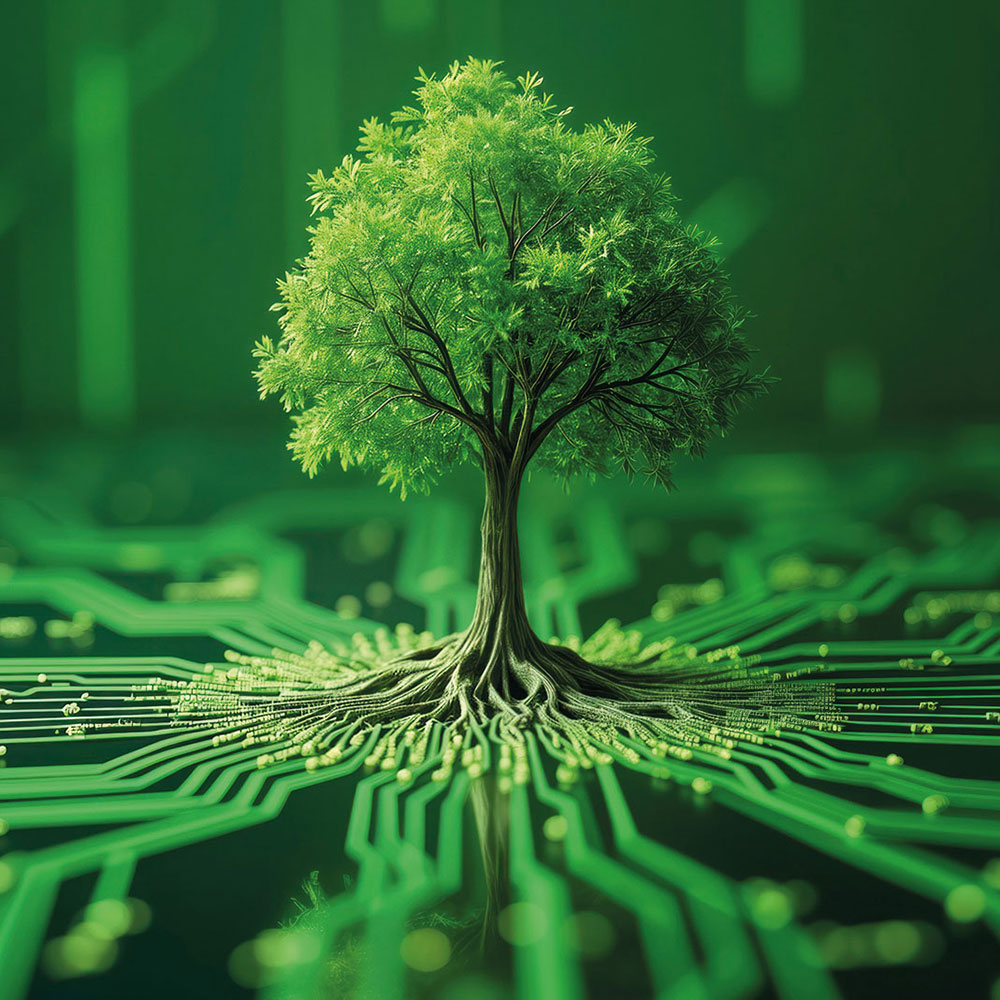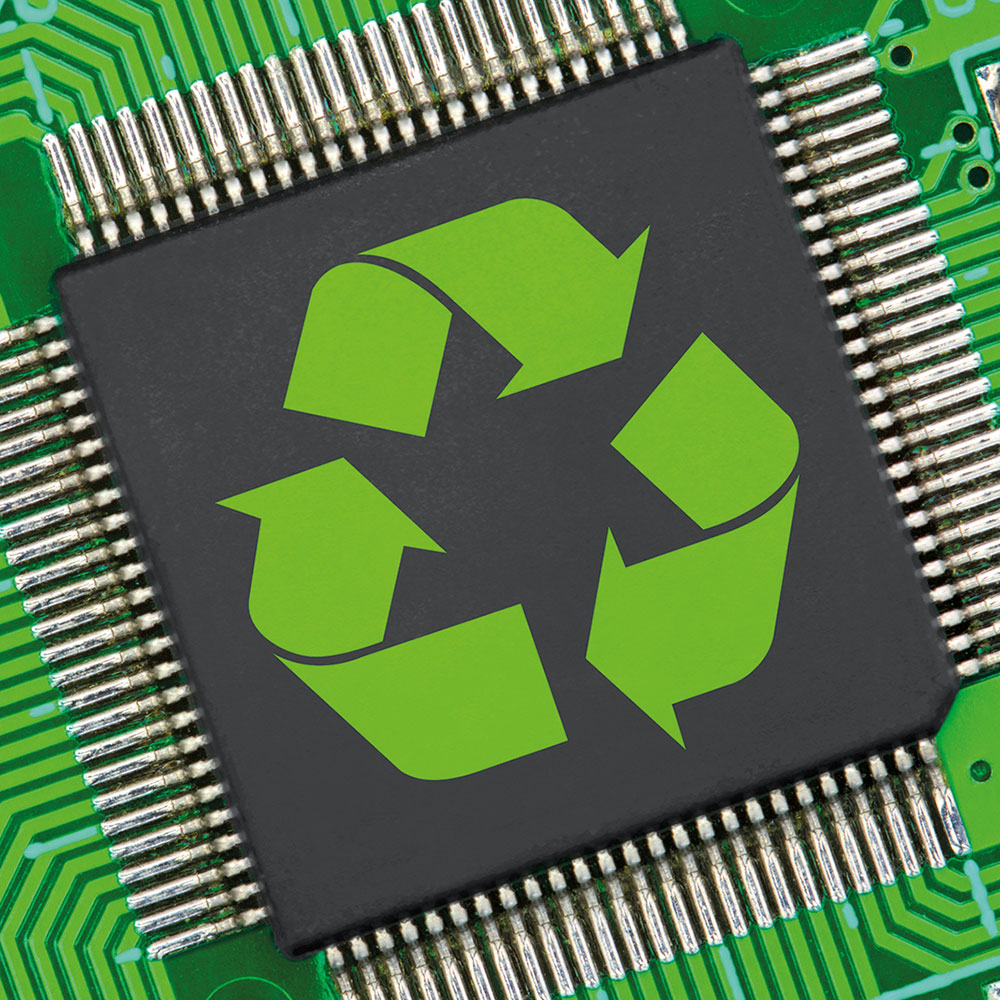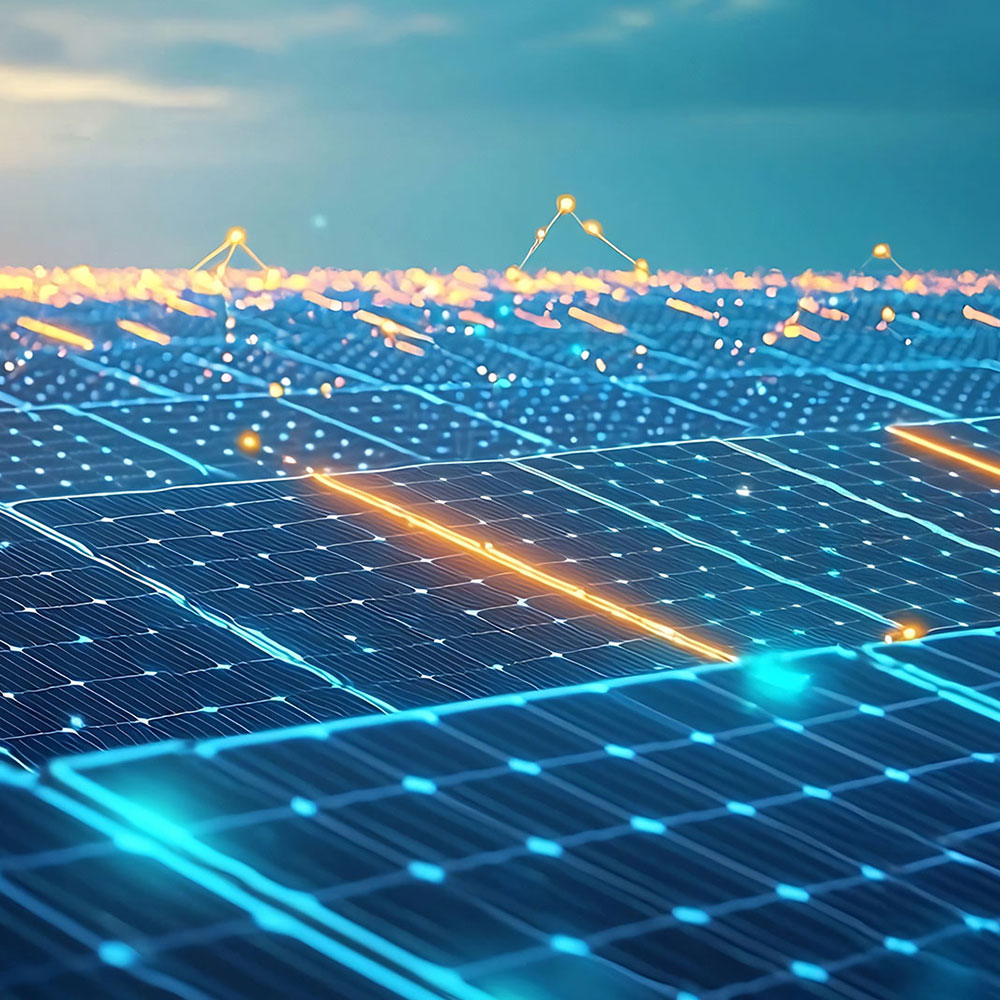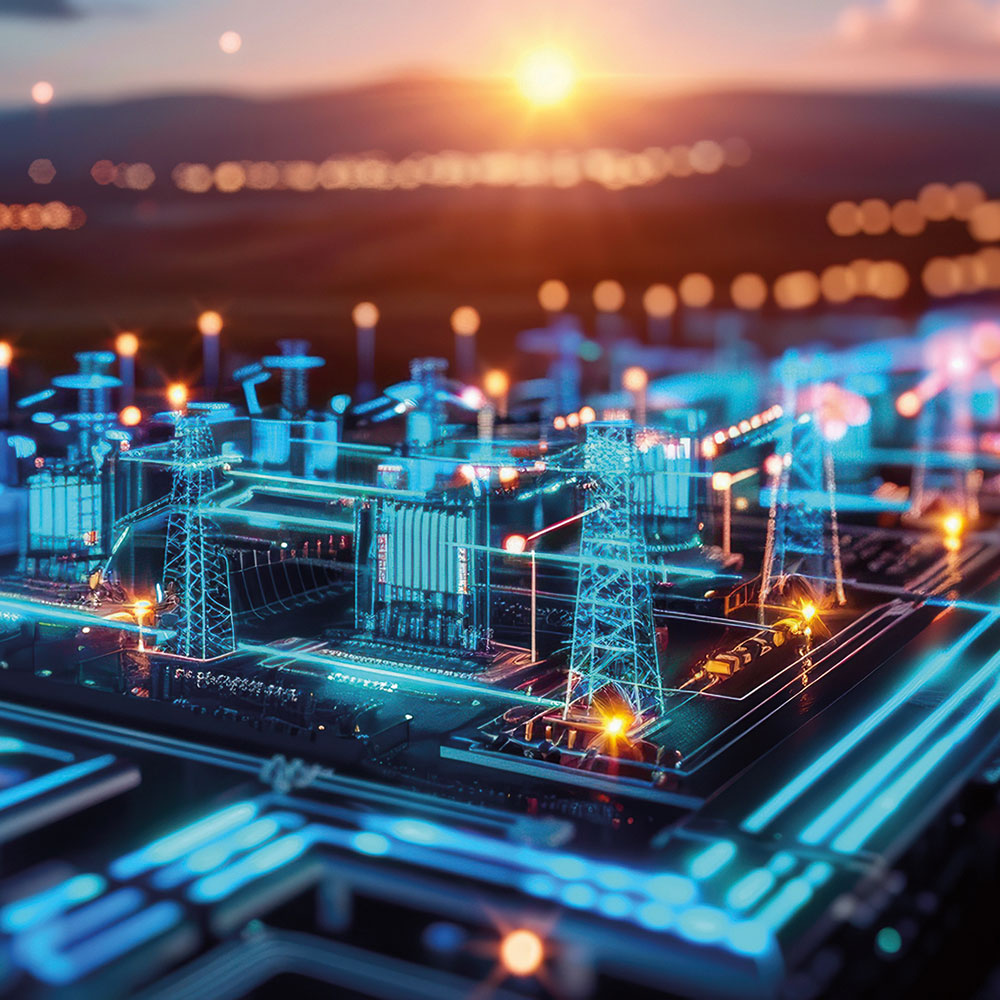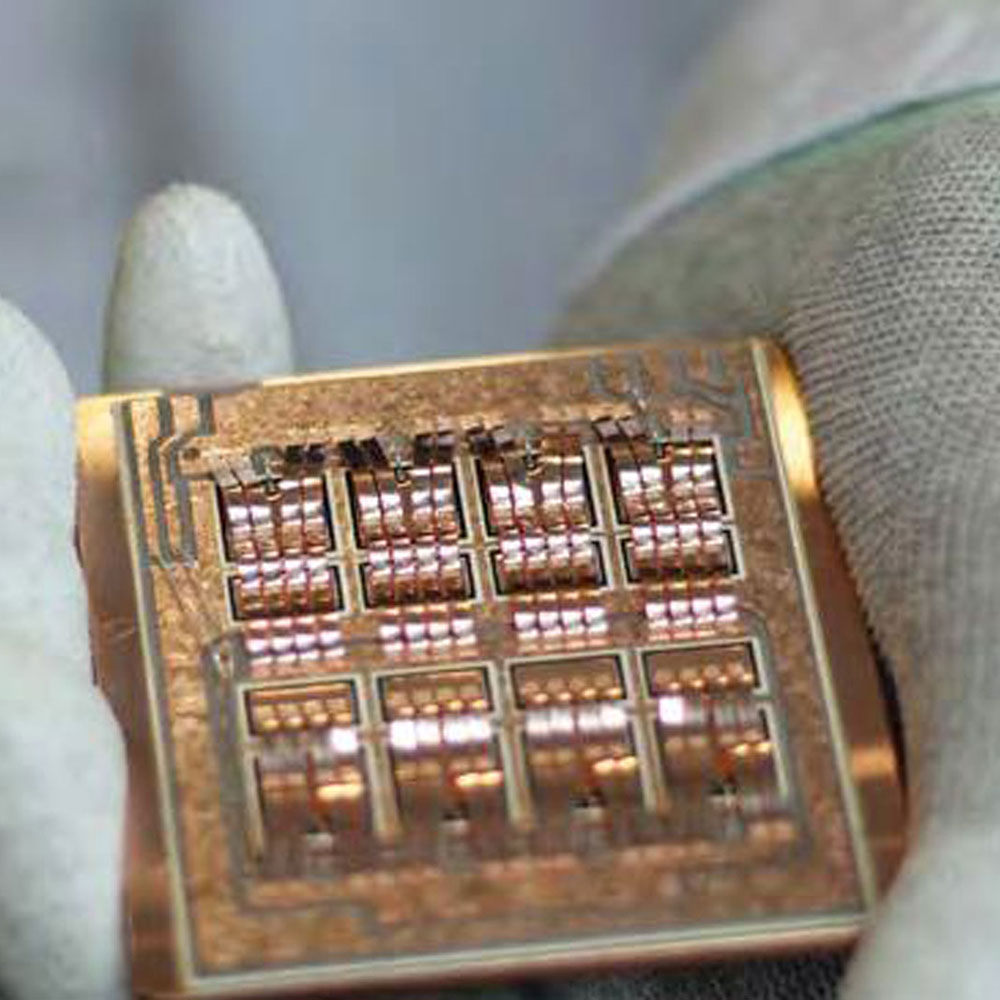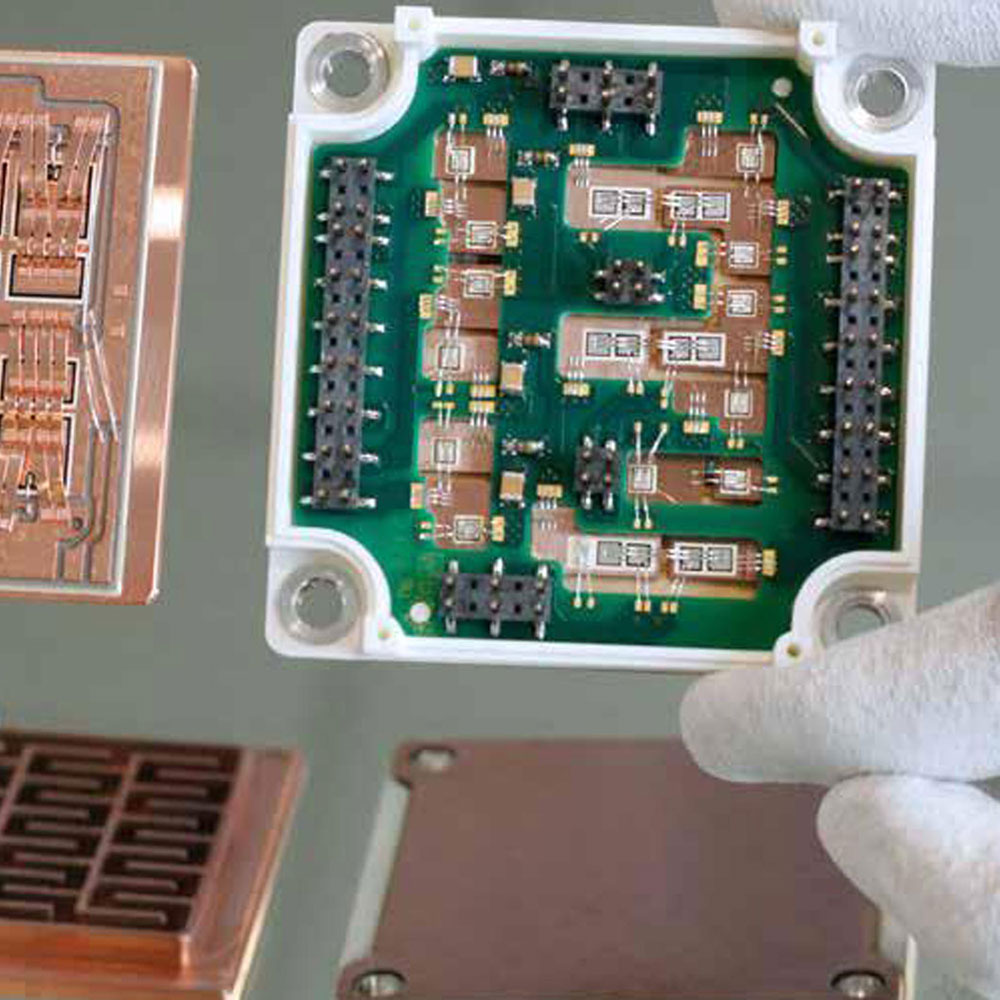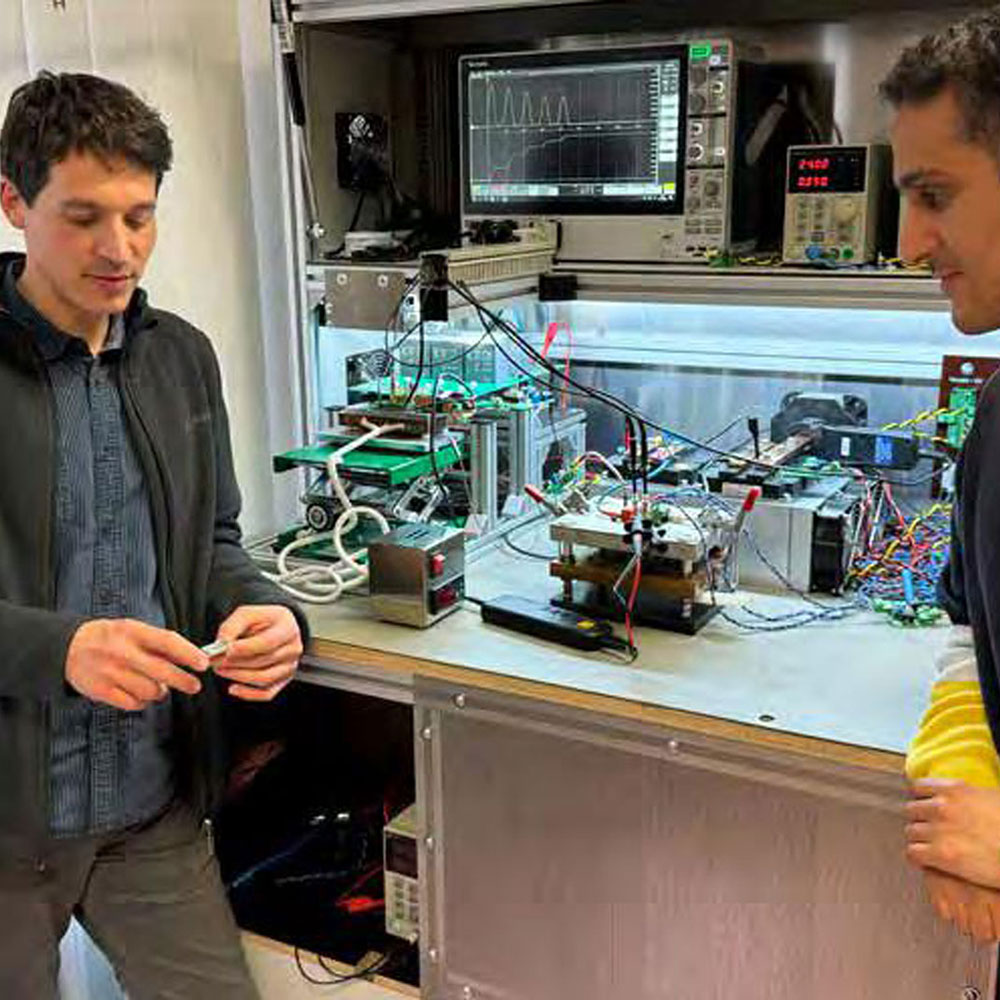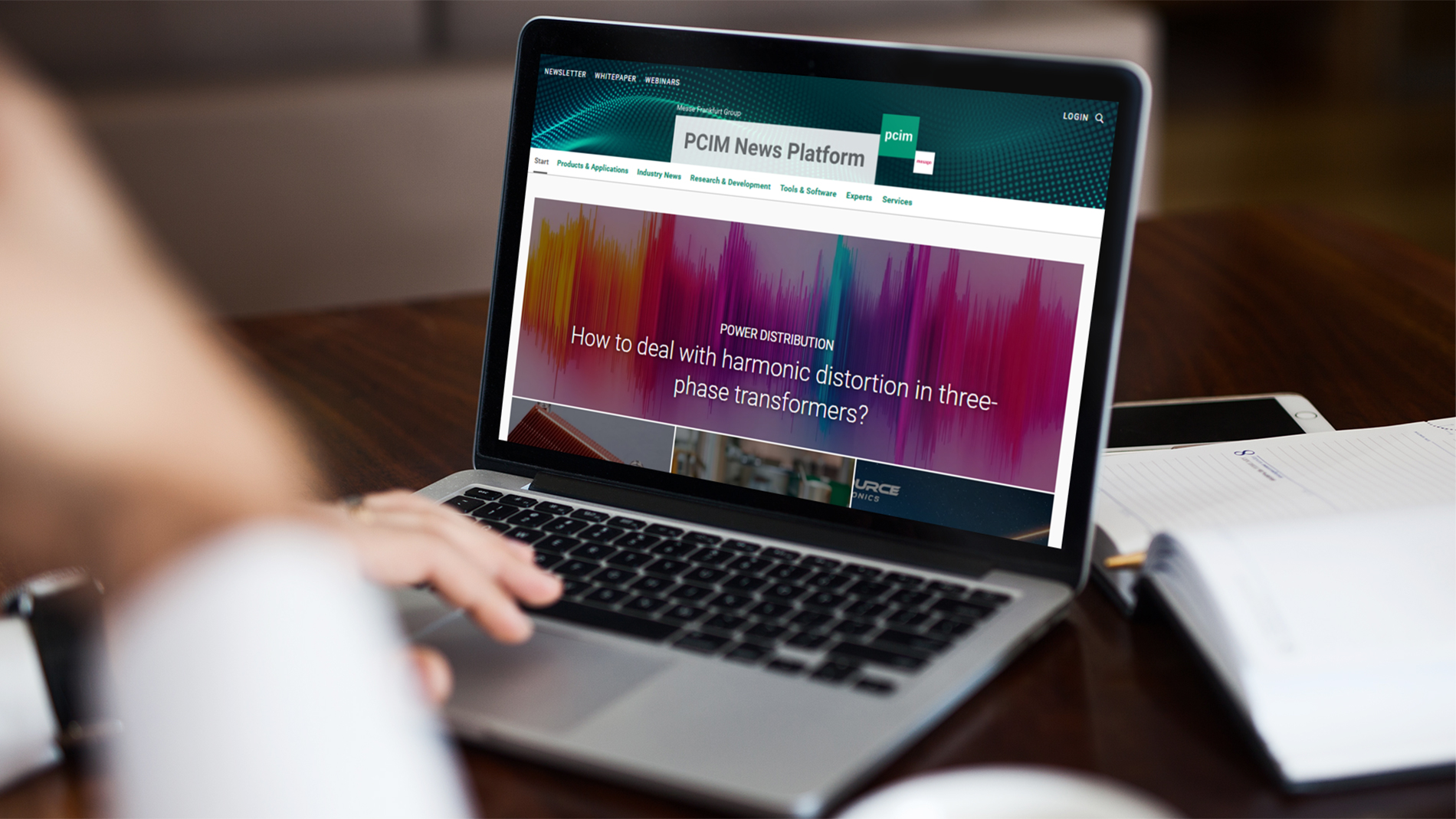As a major driver of energy efficiency, renewable energies and climate-friendly mobility, power electronics is key to a sustainable future. Here, you’ll find an overview of everything the PCIM – Hub for Power Electronics offers on the topic of sustainability.
Power electronics: the key to a sustainable future
Power electronics is a driver of sustainable transformation: it enables precise and efficient control of electrical energy and forms the backbone for CO₂ reduction, resource conservation and innovation. It supports the integration of renewable energies, optimizes energy efficiency and accelerates the electrification of mobility and infrastructure. Whether in wind turbines, solar inverters or intelligent storage systems – modern power electronics is crucial for a climate-friendly future. The PCIM Expo showcases the solutions harnessing this potential for sustainable development.
Sustainability at the PCIM Expo
Every year, the PCIM Expo serve as an engine of advancement in the power electronics industry by providing information on the latest products, solutions and innovations along the entire value chain. Here, you can find out about sustainable approaches in power electronics and identify new potential for your applications.
Exhibitors
Numerous exhibitors of the PCIM Expo 2026 showcase how current sustainability requirements can be translated into future-oriented solutions – from components to entire systems.
Tip: With our exhibitor search tool, you can find specific offerings on the topic of sustainability – simply use keywords such as “sustainable“ or „renewable energy“.
Presentation program
E-Mobility & Energy Storage Stage
The E-Mobility & Energy Storage Stage was dedicated to the latest developments in two essential areas of power electronics. The program will be available from spring 2026.
Technology Stage
The Technology Stage featured innovative approaches in power electronics for the energy transition and related discussions in scientific presentations and panels. The program will be available from spring 2026.
Sustainability at the PCIM Conference
Sustainability in power electronics also plays a key role at the PCIM Conference, as it is becoming increasingly important in the face of global challenges related to environmental protection and resource conservation. With a special session on circular economy, the efficient use of resources and innovative, energy-optimized solutions, we will be presenting in-depth insights into the latest developments and forward-looking approaches. These offer not only perspectives for a sustainable transformation of the power electronics industry, but also specific ideas on how to work toward a resource-conserving and environmentally friendly future.
Keynote Johann W. Kolar, ETH Zurich, CH: Challenges of Green Growth – Limited Energy Return on Energy Invested & Critical Raw Material Shortage
Any energy supply system must provide a sufficient energy surplus after taking into account the energy required to build and maintain that system, i.e., the EROEI (Energy Return on Energy Invested) must be higher than about 5...10 to support complex industrial societies. This can easily be achieved by burning fossil fuels, which, however, causes global warming. Therefore, a clean energy transition to renewables is mandatory and underway, but with challenges such as the need for energy storage and new power transmission lines over long distances. If these are taken into account, a 100% renewable energy system could show an EROEI of less than 5. Moreover, the transition will require significant quantities of critical minerals, which in some cases exceed known reserves and/or are subject to geopolitical constraints on sourcing and processing. These aspects will be discussed in the presentation, concluding by proposing firstly a “more-with-less” approach in power electronics, i.e., highly compact and highly efficient power converters, and secondly the need to pursue a zero-waste paradigm towards fully circular economy compatible power electronics.
Learn moreSpecial Session Ole Gerkensmeyer, Nexperia, DE: Circular Economy in Power Electronics
Regina Roos, Typhoon HIL, CH: “Circular Economy in Power Electronics“ - Generate More Energy for More Innovation
To forge a sustainable future, the technology sector must advance beyond mere harm reduction and embrace disruptive business models. This evolution requires a shift from conventional linear sales to innovative as-a-service frameworks, which are crucial for material recirculation and extending product lifespans. Such a paradigm shift is vital for cultivating a resilient economy that can adeptly tackle pressing environmental issues.
Christof Wernbacher, AT&S, AT: Life Cycle Assessment Tool enabling Ecodesign of PCBs for Power Applications
Within the presentation a comprehensive approach for life cycle assessment of power PCBs, focusing on accurate calculation of product carbon footprints (PCF) of boards, considering the actual design and manufacturing parameters, is introduced.
Tobias Keller, Hitachi Energy, CH: Circular Economy in Power Electronics – Power Semiconductors
Today's power semiconductors are known for their reliability and a service life of more than 20 years. While the power semiconductors in trains and various network applications are also used for this period and are sometimes even replaced with a new generation of power semiconductors at the end of their service life, there are other applications where the required service life is significantly less than these figures. In such applications, power semiconductors with a longer service life.
Raphael Hartwig, Volkswagen, DE: Sustainability in Power Electronics for Automotive Applications
The automotive industry is facing increasing requirements on sustainability. Also, OEMs like Volkswagen additionally applied voluntary commitments to contribute to the fulfillment of the Paris Agreement. This includes Reduction of material usage and CO2-footprint, recycling and re-use. Much higher efforts will be necessary and the contribution of vehicle electronics must be assessed more critical in the future.
Learn moreInteresting articles on the topic of sustainability
Sustainability and innovation go hand in hand – but which technologies are really driving the energy transition?
From energy-efficient technologies to pioneering solutions for a greener future, discover exciting articles on sustainability in PCIM Magazine!
